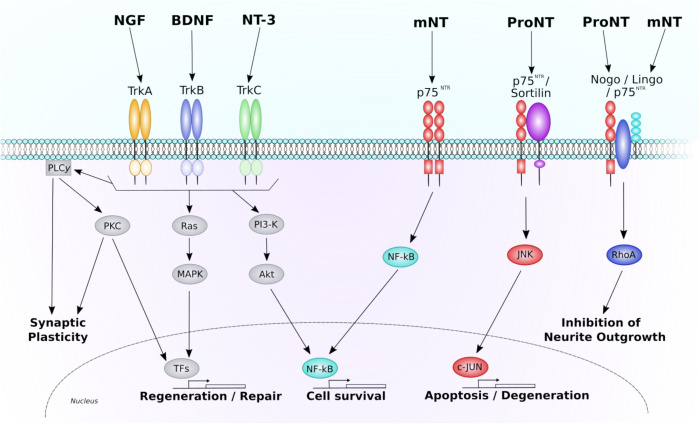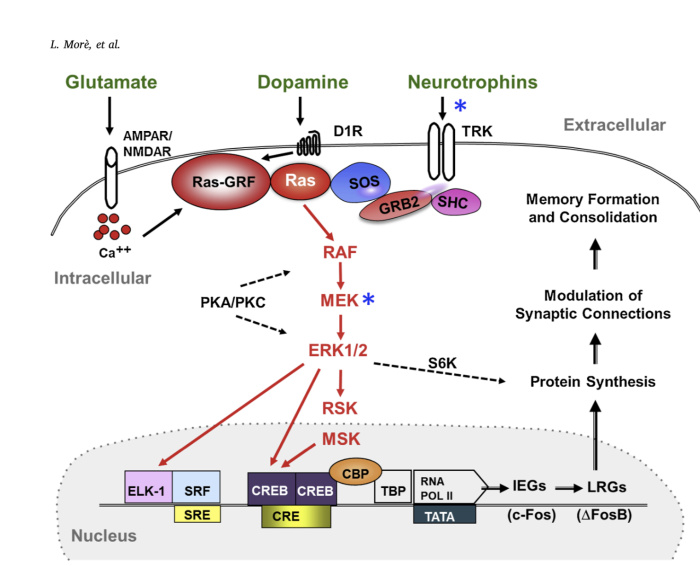Nootropics
Nootropics, also known as “smart drugs” or cognitive enhancers, are substances that are believed to enhance cognitive function, memory, creativity, and motivation. Nootropics can include natural substances such as herbs and botanicals, as well as synthetic substances like prescription drugs and supplements.
While the use of nootropics is not new, interest in them has grown in recent years as people look for ways to optimize their mental performance. However, it is important to note that the effectiveness and safety of nootropics can vary widely, and some are not well-researched or regulated.
Potential Benefits of Nootropics
The potential benefits of nootropics are varied and depend on the specific substance being used. Some of the most commonly reported benefits include:
- Improved focus and concentration
- Increased memory and learning capacity
- Enhanced creativity and problem-solving abilities
- Reduced anxiety and stress levels
- Increased motivation and productivity
However, it is important to note that not all nootropics are created equal, and the effectiveness of these substances can vary widely based on individual factors like genetics, diet, and lifestyle.
BDNF
Brain-derived neurotrophic factor (BDNF) is a protein that plays a crucial role in the growth and survival of neurons in the brain. BDNF also plays an important role in the formation of new neural connections, which is key for learning and memory. Studies have shown that some nootropics may be able to increase BDNF levels in the brain, which could have potential benefits for cognitive function.
BDNF Signaling Pathway


BDNF activates the Ras-ERK pathway. The Ras-ERK pathway is involved in a variety of cellular processes that are important for cognitive function, including neuronal growth and differentiation, synaptic plasticity, and long-term potentiation (LTP), which is a cellular mechanism thought to underlie learning and memory. Studies have shown that inhibiting the Ras-ERK pathway can impair LTP and cognitive function, while activating this pathway can enhance LTP and cognitive function.
One of the most well-known nootropics that may increase BDNF levels is exercise. Regular physical activity has been shown to increase BDNF levels in the brain, which may help improve cognitive function and reduce the risk of age-related cognitive decline.
In addition to exercise, certain dietary supplements have also been shown to increase BDNF levels. For example, omega-3 fatty acids found in fish oil have been shown to increase BDNF levels in the brain, which may help improve cognitive function and reduce the risk of depression.
As the paper for this week mentioned, combining environmental enrichment therapies with those that promote neuronal activity and signaling, such as selective activation of the Ras-ERK pathway, and/or facilitate brain-derived neurotrophic factor (BDNF) through the use of ampakines, may be a promising strategy for improving learning and memory in various forms of cognitive impairment, including those that occur during early development and aging. However, more research is needed to determine the extent to which these therapies can improve cognitive/behavioral impairments in different disorders or conditions of impairment, as well as the most effective treatment regimens.
References:
https://www.sciencedirect.com/science/article/pii/S0149763418302926?via%3Dihub
https://www.google.com/url?sa=i&url=https%3A%2F%2Fwww.frontiersin.org%2Farticles%2F10.3389%2Ffnins.2019.00790%2Ffull&psig=AOvVaw0Y1JZ9hwMRf9An4uAusnT0&ust=1682616000287000&source=images&cd=vfe&ved=0CBIQjhxqFwoTCICP4JmHyP4CFQAAAAAdAAAAABAD
